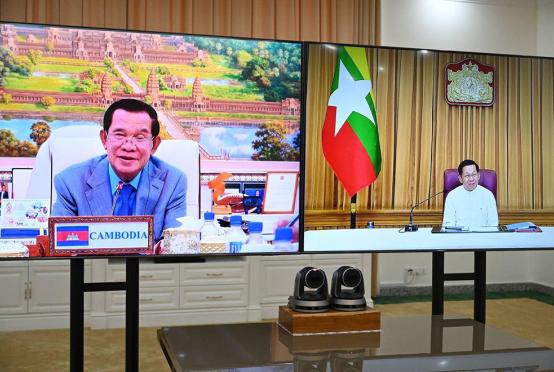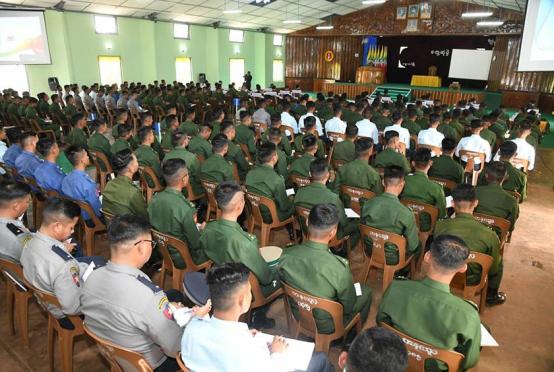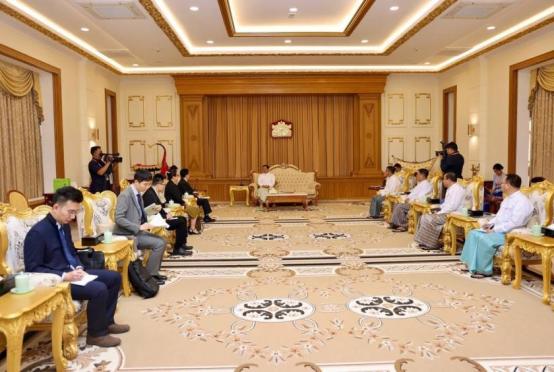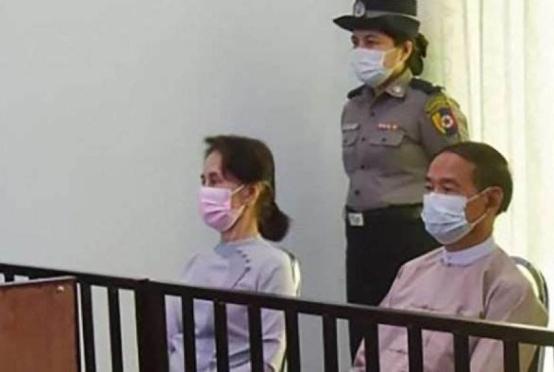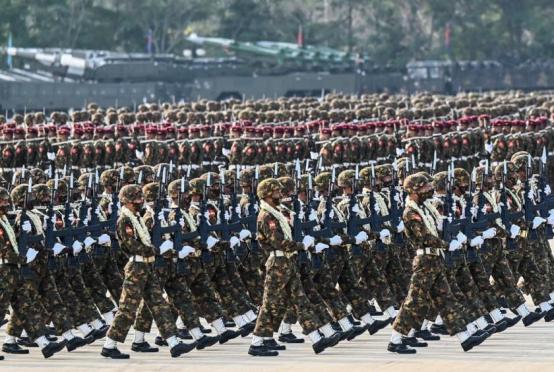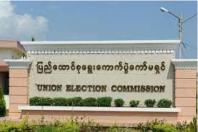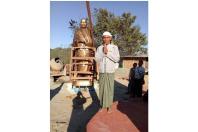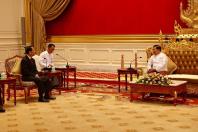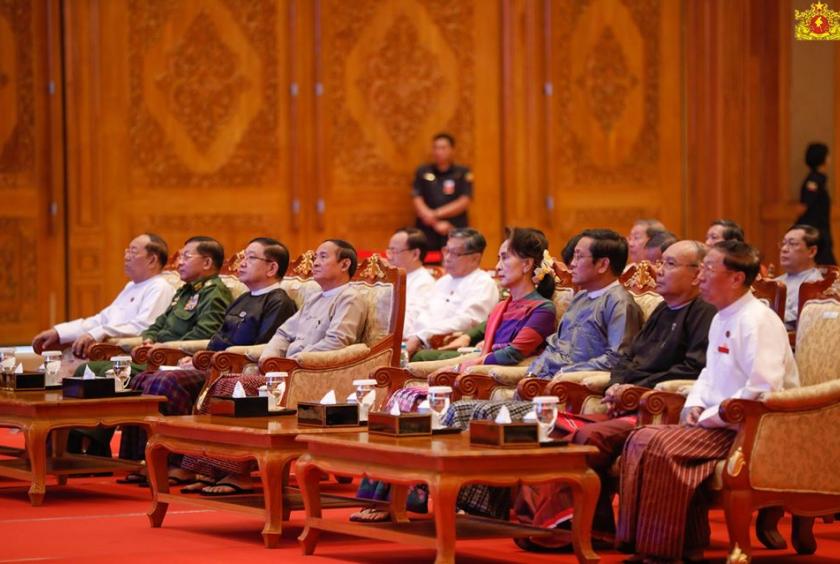
Myanmar government formed a Special Unit on international criminal justice in order to strengthen internal capacity and expertize and provide legal opinion to relevant ministries on issues related to international criminal law, according to a press statement of the Ministry of the State Counselor's Office on November 25.
The special unit will be led by the Union Attorney General's Office and was comprised of legal experts from the Ministry of Foreign Affairs, the Union Attorney General's Office and the Office of the Judge Advocate General, the statement said.
Gambia filed a lawsuit against Myanmar at the International Court of Justice (ICJ) as the latter committed genocide against Bengalis in Rakhine State. The SUICJ formation was timed to coincide with Myanmar under international pressure.
The ICJ scheduled Gambia’s charge against Myanmar for December 10 to 12. Myanmar and Gambia would make verbal arguments respectively. Article 53 (1) of the Statute of the ICJ states that whenever one of the parties does not appear before the Court, or fails to defend its case, the other party may call upon the Court to decide in favour of its claim, said Union Minister Kyaw Tin.
Union Minister Kyaw Tint Swe presented reports on the application by Gambia at the ICJ. He gave the background to the Application which Gambia submitted on behalf of the Organization of Islamic Cooperation. He provided the details of the Application which claims that Myanmar is directly or indirectly responsible for violation of its obligations under the Convention on the Prevention and Punishment of the Crime of Genocide (the Genocide Convention 1948). Together with the application, a request for Provisional Measures was also filed by Gambia and the reasons for this were cited in the request.
The Union Minister explained that all members of the United Nations, including Myanmar, are bounded by the Statue of the ICJ. He gave a brief account of Genocide Convention 1948 and stated that Myanmar signed the said Convention on 30 December 1949 and ratified/acceded to it on 14 March 1956. At the time of ratification/accession in 1956, Myanmar made two important reservations on Article VI and Article VIII of the Convention. Myanmar made no reservation with regard to Article IX, which stated that “Disputes between the Contracting Parties relating to the interpretation, application or fulfillment of the present Convention, including those relating to the responsibility of a State for genocide or for any of the other acts enumerated in article III, shall be submitted to the International Court of Justice at the request of the Parties to the dispute”. The case by Gambia is based on the Article IX.
Normally in dealing with the cases at international courts, the country concerned does not have to appoint the foreign ministers as the Agent, but Gambia appointed its justice minister and the attorney-general as the Agent. State Counsellor Daw Aung San Suu Kyi, in her capacity, as Union Minister for the Ministry of Foreign Affairs, will act as the Agent in order to deal with all the matters relating to the accusation at the ICJ in an effective manner.
Kyaw Tint Swe, Union Minister for the Ministry of the State Counsellor Office, is also appointed as Alternate Agent. Myanmar already hired legal experts from the international community. Verbal arguments about the case will take place in The Hague, Netherland and Myanmar delegation will be led by Daw Aung San Suu Kyi, in her capacity as the Union Foreign Minister, according to the press release of the President Office.
Translated and Edited by Win Htut

